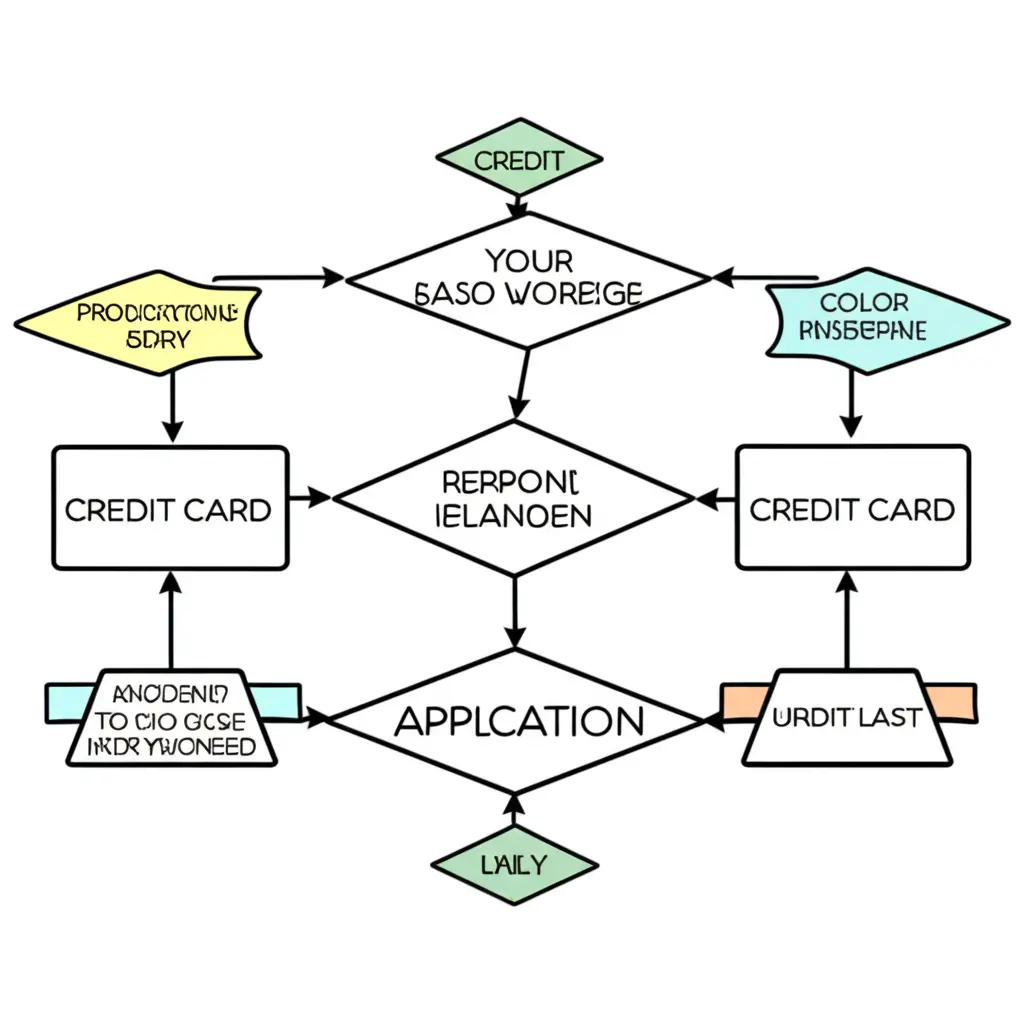Unlocking the Mysteries of Credit Card Offers When You Earn $30,000 or Less
Explore why you're approved for credit cards even with a $30,000 income.

Have you ever been puzzled about why you’re getting credit card offers even if you only make around $30,000 a year? It might feel like credit card companies are sending you mixed signals: one moment they're talking about financial responsibility, and in the next breath, they’re enticing you with offers. Let’s dig into why this happens and what it means for you.
Understanding the Credit Card Approval Process
The credit card approval process might seem mysterious, but it's mostly a numbers game. Companies use algorithms to determine potential candidates based on various criteria. So, let’s break down the key factors:
- Credit Score: This is often the magic number. A good credit score suggests you’re financially responsible, even if your income is modest.
- Credit History: Your track record in handling credit is crucial. A consistent repayment history can outweigh a smaller income.
- Debt-to-Income Ratio: This measures your current debt against your income. A low ratio signals you’re not overspending relative to what you earn.

Why You’re Approved Despite a Modest Income
Let’s face it—credit card companies are in the business of making a profit. They’re keen to extend offers to as many potential customers as possible. Here’s why you might be on their radar:
1. Potential for Growth
Credit card companies aren't just looking at your current situation; they are betting on your future. A modest income now doesn’t mean you won’t earn more later.
2. Building Loyalty
By hooking you early with an entry-level card, they’re hoping to build loyalty as your financial situation improves. They see you as a long-term investment.
3. Interest and Fees
It’s no secret credit card companies make money from interest and fees. They might anticipate that with a lower income, there’s a likelihood of accruing interest, increasing their profits.

Is It Smart to Accept a Credit Card Offer?
With the why explained, you might wonder which offers are worth accepting. It’s essential to evaluate based on how responsible you can be with the card:
- Interest Rates: Look for low-interest options to save on any potential balance carryover costs.
- Rewards and Benefits: Some cards come with cashback, travel perks, or points. Consider if these align with your spending habits.
- Fees: Be wary of annual or hidden fees that might sneak up on you.

Final Thoughts
Getting a credit card offer might feel like stepping into the grown-up world of finance, but it’s crucial to weigh the benefits against your own financial stability and goals. Have you found yourself receiving unexpected offers? And if so, how do you decide which ones, if any, to accept? Share your thoughts, and let’s navigate this financial terrain together.




